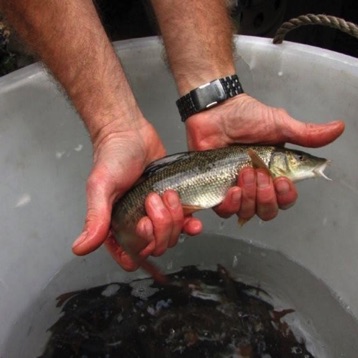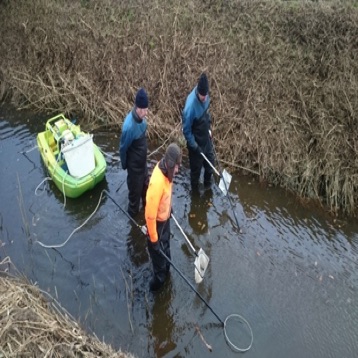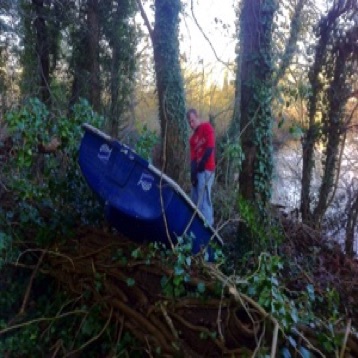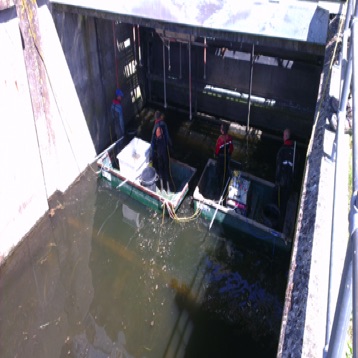
Fishtrack are highly experienced in all forms of fisheries survey methodology. We carry out surveys throughout the UK and Europe. Our survey experience means that we are able to field an experienced team for any situation. Our staff are electrofishing trained to EA standards, employ the latest up to date survey equipment and techniques, and we embrace strict operating instruction and health and safety risk assessment procedures.
We have the capacity to host several fully equipped fisheries teams at a given time. We provide a rapid response service and are able to tackle any fishery issue. Our electrofishing equipment conforms to EA and National H&S standards and we have significant fish capture resources.
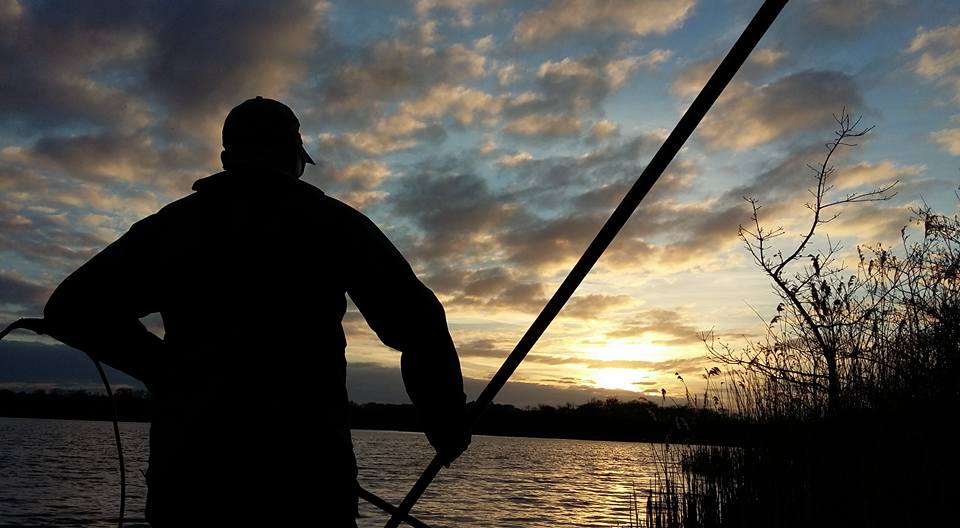
We employ all methods of capture:- seine netting within encircling nets, pull down and wrap around netting, block and lane netting. We also use passive methods such as fyke netting, fyke trees, and fish trapping- using our designed and fabricated fish traps. Our electrofishing methods encompass all forms of electrofishing:- timed runs, multiple runs, CPUE, catch depletion, PASE, Lane fishing and enclosed margin electrofishing. We deploy electrofishing equipment from banksides, in boats, off pontoons as well as using back-pack equipment for small streams. We conduct surveys day and night.
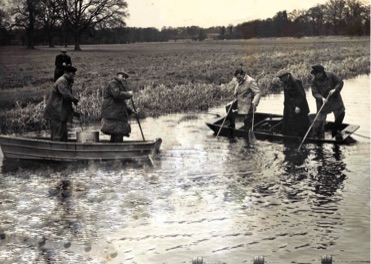
We survey all waterbodies, from dykes to ditches, streams to rivers, ponds, lakes and lochs, and marine estuaries throughout the UK and further afield. We provide a comprehensive professional service, from data collection to full data analysis using appropriate statistics. We produce interim and final reports, both to peer reviewed publications and internal use and also provide contributions to books.
Our team produce summary reports tailored to individual or smaller projects as well as for larger scale works. Our data are presented at conference and within the peer reviewed literature and used by policy makers and legislators alike.
Within the services we provide in the fisheries and aquatic ecology sector, we incorporate biometric data collection and analysis, scale reading, ageing and growth analysis through to fish capture surveys such as qualitative assessment:- presence-absence,
fully quantitative:- catch depletion, multiple pass, PASE etc.
